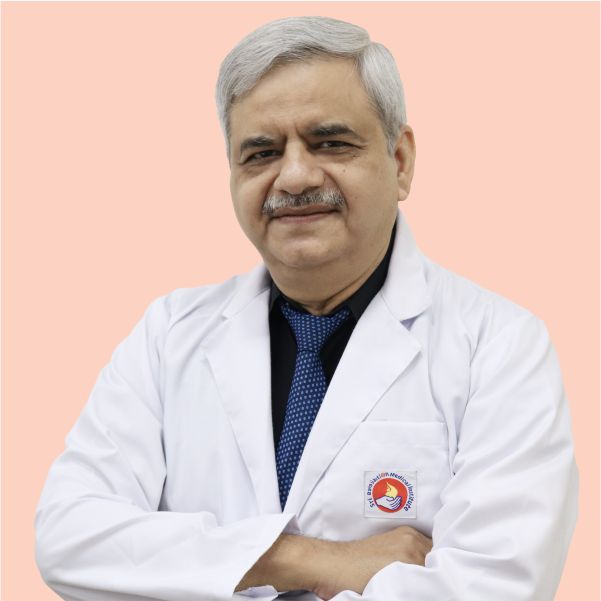Kidney transplantation is a medical procedure that offers a new lease on life to individuals suffering from end-stage renal disease (ESRD) or advanced chronic kidney disease (CKD). It involves surgically replacing a diseased or failed kidney with a healthy kidney from a living or deceased donor. This procedure has revolutionized the field of nephrology, providing a chance at renewed health and independence for countless patients around the world.
ABO-incompatible kidney transplantation is a significant advancement in transplant medicine, allowing for kidney transplants between donors and recipients with different blood types. Traditionally, kidney transplants require a match between the donor's and recipient's blood types to minimize the risk of organ rejection. However, with ABO-incompatible transplantation, this barrier has been overcome, expanding the pool of available donors and reducing waiting times for many patients.
Call 011-42888888 to book an appointment with a specialist at Sri Balaji Action Medical Institute.

Sr. Consultant

Chief & Sr. Consultant

Chief & Sr. Consultant

Sr. Consultant
.jpg)
Consultant